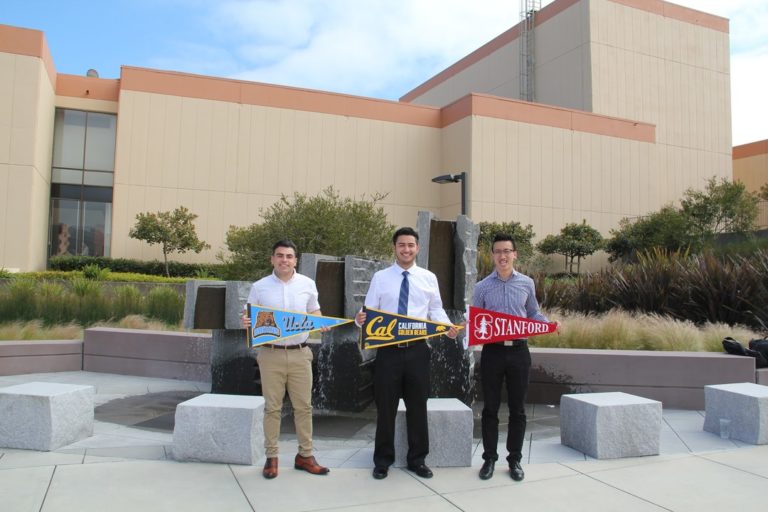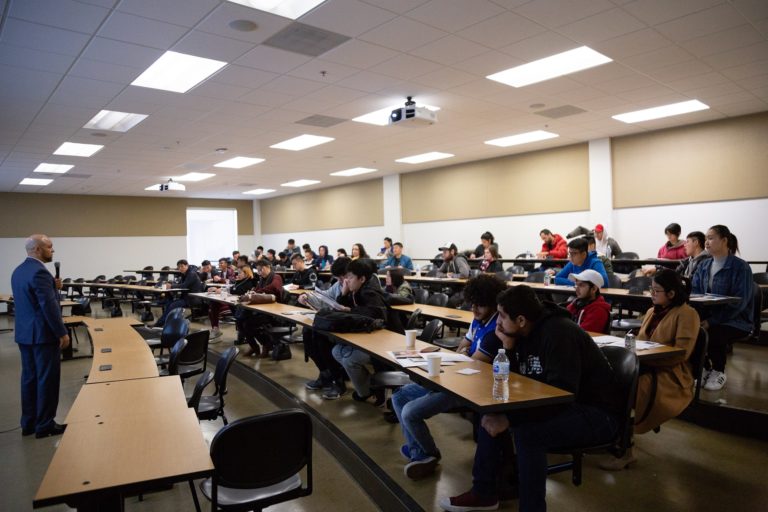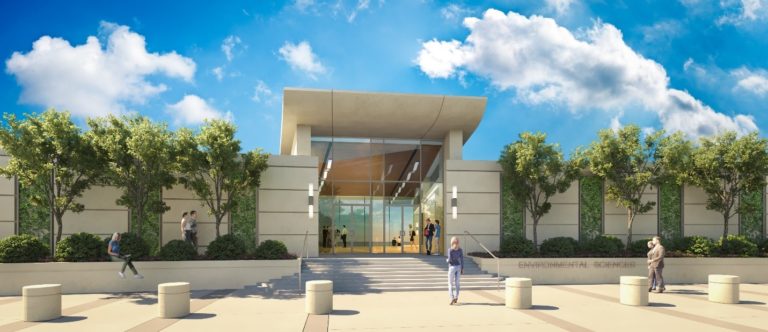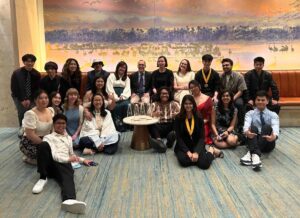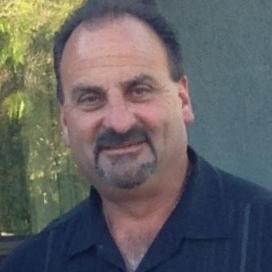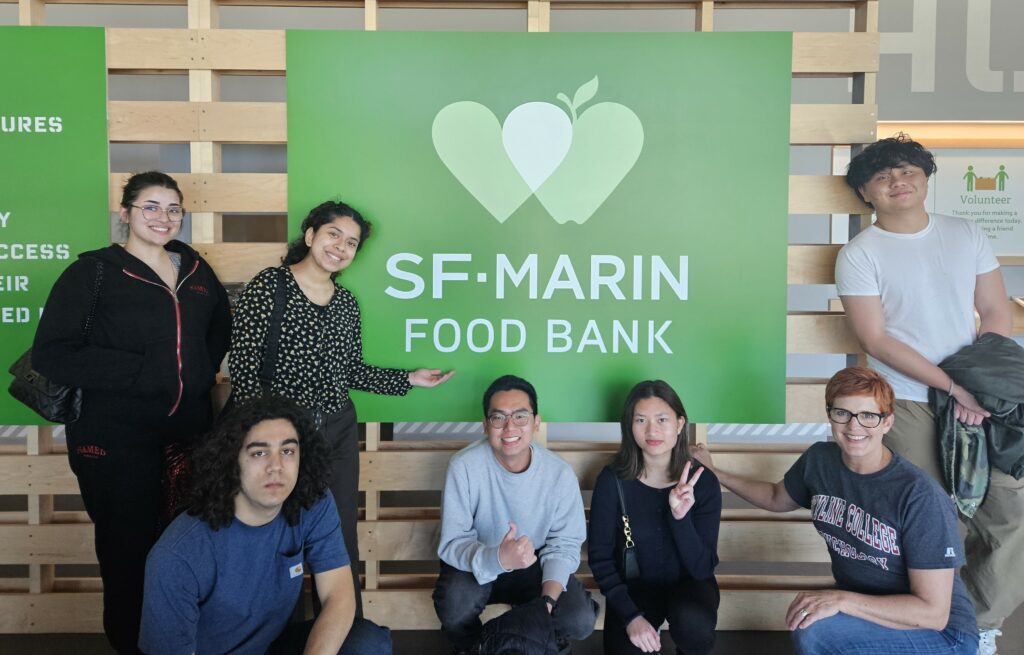Chemistry plays a vital role in our daily lives,...
Month: January 2019
Former Skyline College student Alec Roa wrote a compelling...
Skyline College started the Spring 2019 semester by welcoming...
On Saturday, January 12, 2019, the San Mateo County...
The San Mateo County Community College District had the...
Since its inception on October 8, 2018, the Learning...


